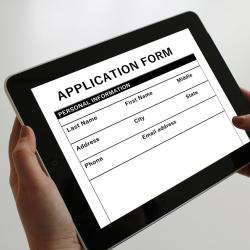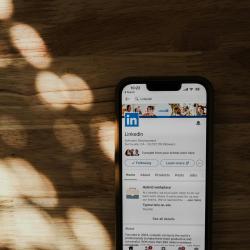10 Things to Avoid in a Cover Letter: Crafting Your Best First Impression
A cover letter is often the first impression a potential employer will have of you. It's an opportunity to showcase your personality, communication skills, and suitability for the role you're applying for. However, a poorly crafted cover letter can easily undermine your chances of landing an interview. Below are ten things you should avoid when writing a cover letter to ensure you are putting your best foot forward:
-
Generic Openings
Avoid starting your cover letter with a generic salutation like "To Whom It May Concern." Take the time to research the name of the hiring manager or use a specific title, such as "Hiring Manager," if the name is not available. Personalizing your greeting can make a big difference.
-
Repeating Your Resume
Your cover letter should complement your resume, not regurgitate it. Instead of listing your previous roles and responsibilities again, highlight specific achievements that demonstrate how you are a fit for the role and organization.
-
Using Clichés
Phrases like "I am a team player" or "I think outside the box" have been overused and often sound insincere. Be original and provide specific examples that showcase your skills and attributes instead of relying on worn-out language.
-
Focusing Too Much on Yourself
While your cover letter is about you, it should primarily focus on how you can meet the company's needs. Use the job description as a guide to match your skills with what the employer is seeking and emphasize how you can contribute to their goals.
-
Lengthy Text
Keep your cover letter concise and to the point, ideally no longer than a single page. Hiring managers often have limited time, so ensure your letter is easy to read and highlights your key selling points quickly.
-
Spelling and Grammatical Errors
Errors in grammar or spelling can create a negative impression and suggest a lack of attention to detail. Always proofread your cover letter multiple times and consider using tools like Grammarly or asking someone else to review it as well.
-
Negative Language
Avoid speaking negatively about past employers, roles, or experiences. Keep your tone positive, focusing on what you have learned and how it has prepared you for future opportunities.
-
Irrelevant Information
Stick to experiences and skills that are relevant to the job you're applying for. Including unrelated information can detract from your qualifications and confuse the reader regarding your suitability for the role.
-
Lack of Enthusiasm
Your cover letter should convey your enthusiasm for both the role and the company. A flat or generic tone can lead the reader to believe you are not genuinely interested in the position.
-
Failure to Include a Call to Action
Conclude your cover letter by expressing your desire for an interview and how you look forward to discussing your application further. This encourages the employer to take the next step and invites further conversation.
In conclusion, a well-crafted cover letter can significantly impact your job search positively; it allows you to illustrate your value and fit for a role engagingly and uniquely. By avoiding these common pitfalls, you'll make a powerful impression and increase your chances of being invited to an interview.






















